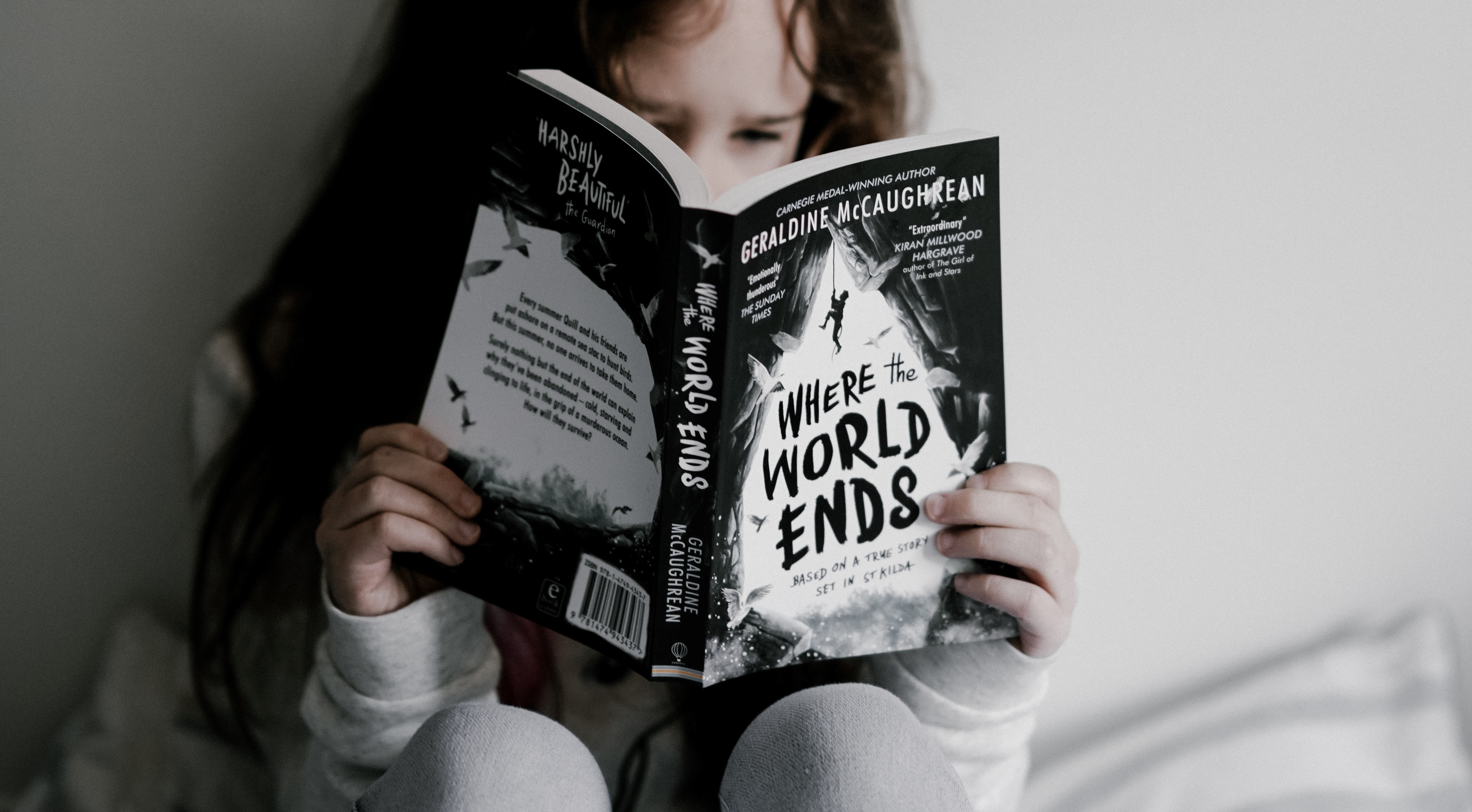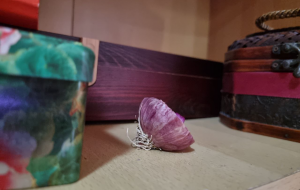Or at least according to the ravings of this lunatic. But can anyone really deny the signs? Melting polar ice caps, collapsing insect populations, viral outbreaks…
During this time, it is traditional to stock up on instant noodles. Personally, my custom is to immerse myself in post-apocalyptic fiction. They allow me an understanding of how other people celebrate the end of the world.
Nothing can beat the pleasure of sitting down with a physical book in my hands, I admit. But in this era, ain’t nobody got time to do that. Audiobooks from Storytel, then, are the answer. I can listen to my favourite stories while running away from:
a) A horde of coughing zombies;
b) A 50-storey high tsunami of scorching lava;
c) My boss who is demanding an edited draft on a Saturday afternoon;
d) All of the above at the same time.
And, like all other #fitfam members, I have a specially curated playlist to listen to while I run. They are, of course, themed around the apocalypse, because I find that these stories get my heart rate into the fat-burning zone faster. For convenience, I have also chosen specific stories for specific types of people, so everyone can have an audiobook buddy, no matter who you are.

Rice readers get a 30-day free trial, so download their app to get started.
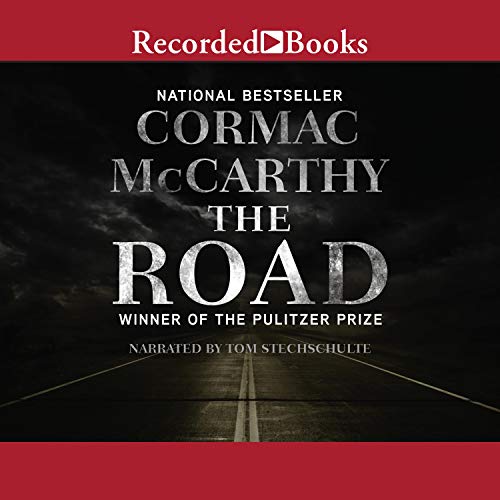
Its translation into an audiobook works well too: the gravelly voice of the narrator captures the Serious-White-Man-Who-Is-Gruff-But-Has-Something-Important-To-Say persona of the protagonist, especially during moments of dialogue.
My major problem with Cormac McCarthy’s The Road is it refuses to explain how civilisation was destroyed—which is, really, the best part of any cataclysm. Instead, the book presents a desolate wasteland stripped of history and context, a sparse backdrop which highlights its real story: the heartbreakingly stoic, mutually dependent relationship all sons share with our fathers.
If, as The Road suggests, it takes an apocalypse to make us reconnect with our distant fathers, then, I say, let us worship all passing asteroids and welcome them to our humble home.
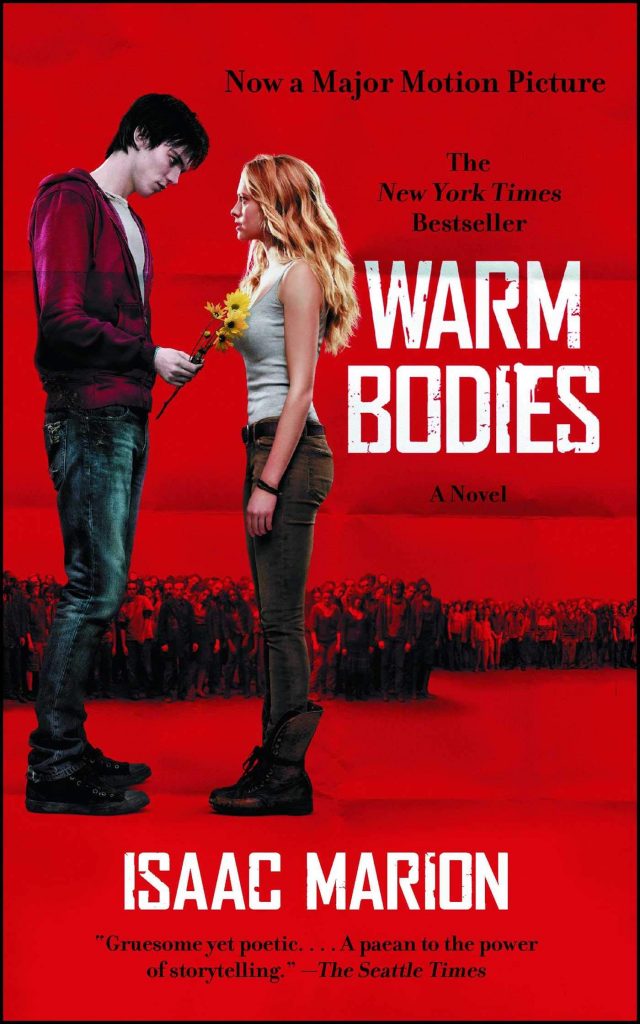
Family feuds for Romeo and Juliet of Romeo and Juliet. Cholera, for Florentino and Fermina of Love in the Time of Cholera. Biology, for Donkey and Dragon of Shrek.
In the case of Warm Bodies by Isaac Marion, it’s zombies. The hook in this book is that one half of the lovelorn couple is himself a zombie. It makes for a refreshing update on the typical coming-of-age romance novel, without losing the genre’s usual awkward kisses and suppressed sex drives ready to explode into high gear (it gives new meaning to the French phrase la petit mort).
The book also reminds me that—spoilers ahead—love can truly cure all ailments: a kiss from Julie is what cures R of the plague that turned him into a zombie.
Listening to Warm Bodies, I was inspired by the power of love. So I sallied forth and placed my mouth against my partner’s mouth, exchanging bodily fluids in the name of love.
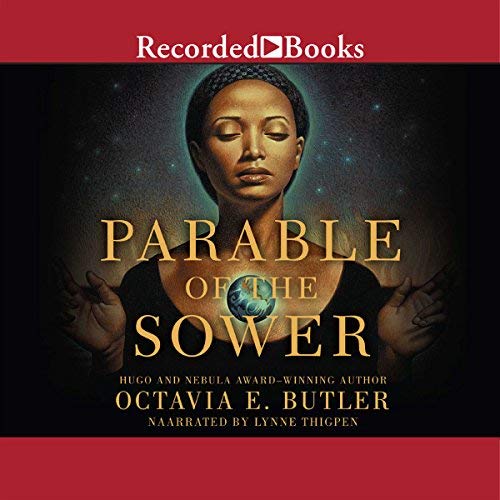
Unlike The Road or Warm Bodies, which blame unspecified “plagues” or “cataclysms”, Parable of the Sower is unambiguous in its depiction of climate change as the cause of society’s collapse. It doesn’t shy away from blaming us humans as the weaver of our own dire fates, and keeps its eye unflinchingly trained on broader socio-political issues that arise in a time of crisis.
The book also recognises that, in times of crises, it is marginalised groups that will be disproportionately affected: the poor, the ethnic and religious minorities, the migrants.
So Parable of the Sower is great for woke people who dream of becoming human rights lawyers. Except that “human rights” won’t be a thing anymore when we all die off, but, hey, dreams are meant to be broken.
As a novel structured as a series of diary entries, it makes sense for it to be experienced as an audiobook. Listening to the masterful voice acting of the female narrator, I feel as if I am eavesdropping on the private thoughts and conversations in someone’s real life.
And the best stories are always heard by eavesdropping on something you know you’re not supposed to hear.
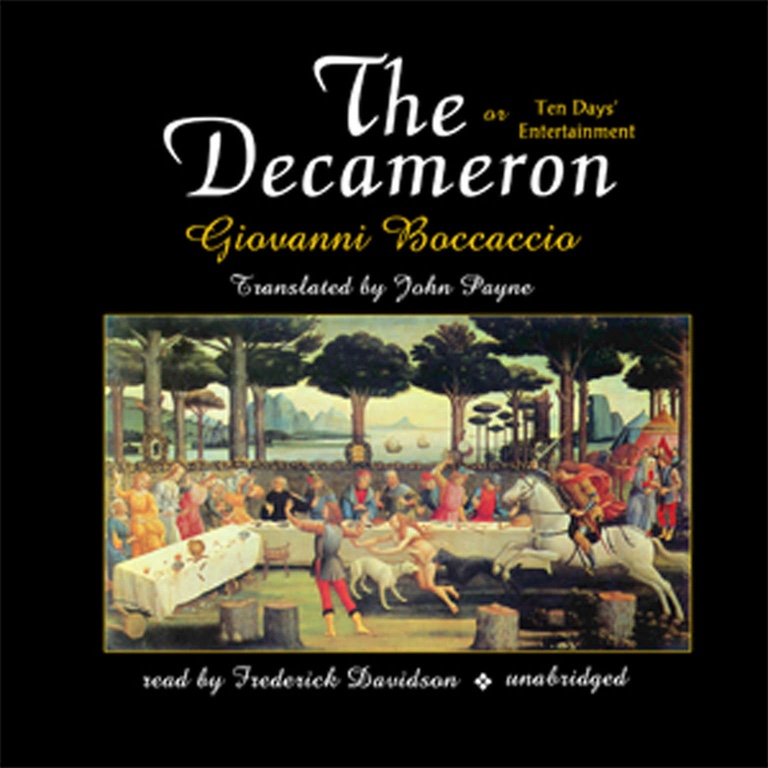
Initially disappointing because it touched little on death and disease despite its context (the only time I can say a book catfished me), the book gradually grew on me like a persistent wart, thanks to the incredible variety of stories and genres contained within one book.
Within The Decameron are tales of falling in love with one’s brother (the fifth tale of the fifth day, for those curious); a man confessing his love to a married woman, who then sends her husband disguised as herself to sleep with the man (seventh tale of the seventh day); a dead woman being resurrected as a zombie and giving birth to a child (fourth tale of the tenth day) …
So for those who think they cannot relate to a book written in 1353, the liberal sexual and gender attitudes then will fit right in to our lives today. Actually, I’m pretty sure people back in the 14th century were way cooler than us now.
In other words, whatever your romantic/sexual/death inclinations, The Decameron will have something for you.
And at 28 hours long, it’ll last you through your longest sessions. I mean, sessions of prayer to the god of death, of course. You know. No judgment.
Thank god I have my wireless earbuds and a Storytel audiobook to keep me occupied during this marathon session.
Happy end of the world!
All the books featured are available as audiobooks on Storytel, a subscription-based platform. RICE readers get a 30-day free trial, so download their app to get started, and check out over 110,000 titles they have available for streaming or download.
What are your favourite post-apocalyptic novels to listen to? Tell us at community@ricemedia.co

